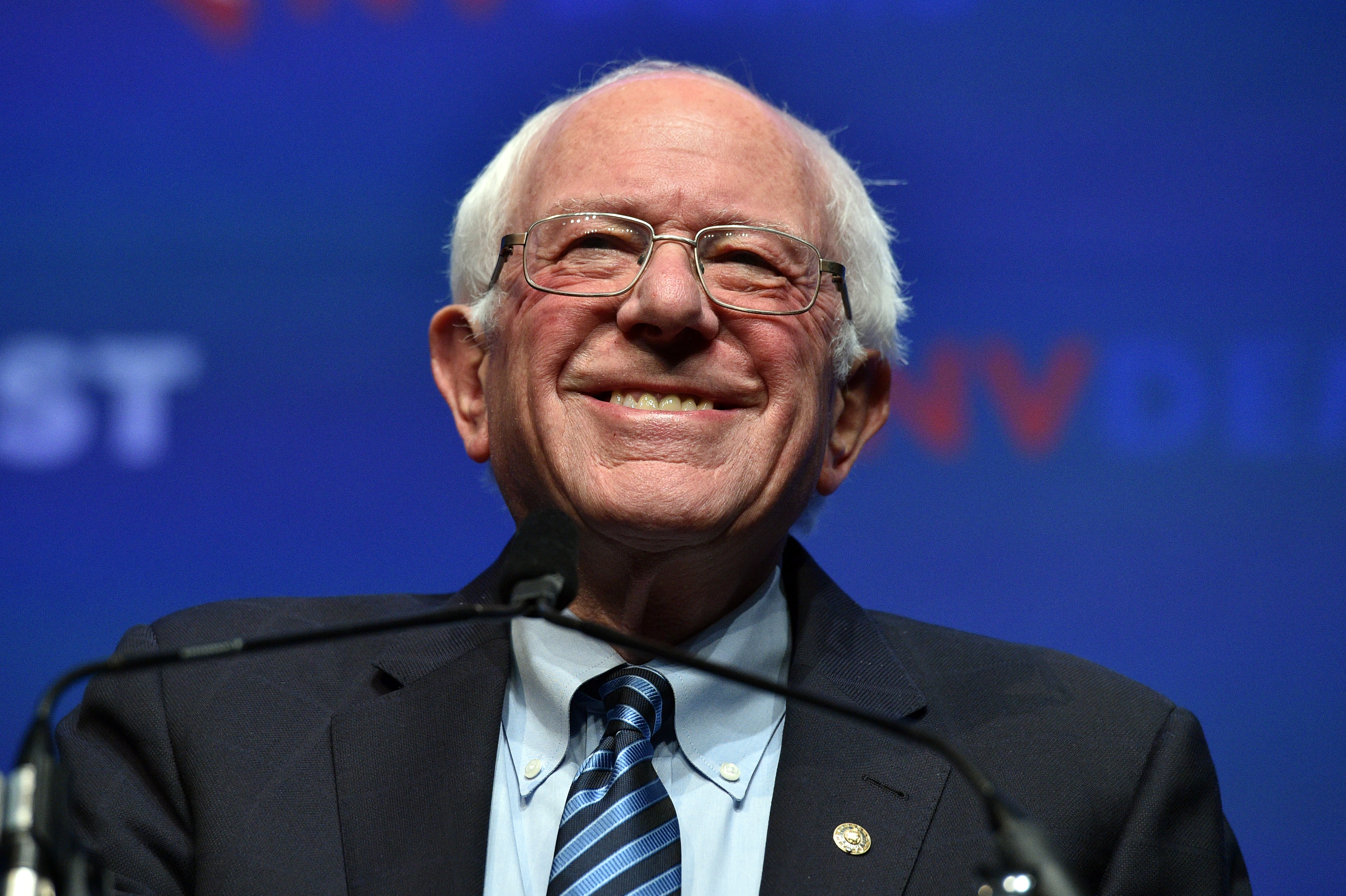Bernie Sanders’ Broadband Plan Is Comcast’s Worst Nightmare

Credit to Author: Karl Bode| Date: Fri, 06 Dec 2019 19:36:15 +0000
AT&T, Verizon, and Comcast executives aren’t going to like Bernie Sanders’ new broadband plan.
The wide ranging proposal, released Friday morning, would all but demolish big telecom’s stranglehold over the broadband and media sectors, unwinding decades of unrelenting consolidation, imposing hard new limits on how much broadband providers can charge for service, while opening the door to significantly broader availability of community broadband.
The proposal pulls no punches when it comes to the U.S.’ broadband woes.
“Telecom and cable monopolies exploit their dominant market power to gouge consumers and lobby government at all levels to keep out competition,” the proposal notes.
“Just four companies control nearly two-thirds of the entire market,” it continues. “Prices are as much as 25 percent higher than they would be in a competitive broadband market. Large ISP monopolies report inaccurate or overstated coverage information, obscure their prices, and often don’t deliver promised speeds.”
Tech policy conversations in 2019 have focused predominantly on breaking up “big tech” giants like Facebook. And while that may be justified, such myopia has let folks forget about the threat posed by “big telecom.” Sanders’ broadband proposal reverses that trend sharply.
The plan would restore the FCC’s authority and net neutrality rules stripped away by the Ajit Pai FCC, subjecting ISPs to far greater oversight. It also proposes banning ISPs from imposing arbitrary and unnecessary usage caps and overage fees, which critics have long said are little more than punitive price hikes on captive customers.
But Sanders’ plan also spends a lot of time advocating for community broadband. First by proposing $150 billion in new funding to aid the growing roster of towns and cities that have begun building their own networks after years of industry neglect. Secondly by eliminating the 19 protectionist state laws big ISP lobbyists have used to try and crush those efforts.
“Municipalities across the country running their own internet services have proved they can deliver high-quality service at a fraction of the price of established monopolies,” the proposal states.
“Bernie believes it’s time to stop relying on profit-focused corporations to get to universal broadband,” it adds, noting his administration would “provide the necessary funding for states, cities, and co-ops to build out their own broadband networks, and ensure all households are connected by the end of his first term.”
Sanders’ proposal also takes aim at the telecom sector’s habit of jacking up your broadband and cable TV bill via a roster of obnoxious, sneaky fees. Such fees routinely allow your ISP or cableco to advertise one rate, then sock you with far higher costs when the bill comes due. It’s a practice DC lawmakers have ignored for nearly a generation.
Sanders also targets the telecom and media industry’s relentless thirst for consolidation, most recently exemplified by the controversial T-Mobile Sprint merger. Historically, mergers like AT&T’s 2018 acquisition of Time Warner and Comcast’s 2011 merger with NBC Universal have one consistent outcome: higher rates for both consumers and competitors.
The Sanders plan promises to reverse that trend by undoing past megadeals, and blocking “vertically integrated” mergers between telecom monopolies and media giants.
“We will break these monopolies up and closely regulate them to ensure they are providing consumers with acceptable service, and eliminate hidden fees, surprise bills, and other consumer-gouging practices,” the proposal pledges.
The Sanders proposal also tackles telecom’s bad behavior on the privacy front by restoring the FCC’s 2016 privacy rules, which were demolished by Congress in 2017 after extensive lobbying by the telecom sector. That in turn directly contributed to the lack of accountability for the wireless carrier location data scandals revealed by Motherboard earlier this year.
The plan also takes aim at the FCC’s recent failure to protect consumers in the wake of devastating hurricanes like Irma and Maria, proposing far more robust telecom infrastructure capable of weathering the climate catastrophes to come.
“With our $150 billion investment in resilient, affordable, publicly owned broadband infrastructure, we willI ensure that communities stay connected during natural disasters,” the plan said. “This communications infrastructure will ensure first responders and communities are ready to deal with the worst climate emergencies.”
Promises are of course one thing. Following through on them is another. Pushing the lion’s share of these proposals through Congress will be all but impossible without a dramatic shake up, given AT&T, Verizon, and Comcast’s lobbying stranglehold over both houses, and, quite frequently, both political parties.
Still, the Sanders’ team broadband plan is nightmare fuel for telecom giants, who for the better part of three decades have been allowed to rip off American consumers with relative impunity.
This article originally appeared on VICE US.